Senses And Feelings Worksheets Results
Sensory Words: the Five Senses & Emotions - MRS. MUELLER'S WORLD!
Sensory Words: the Five Senses & Emotions SIGHT angular ashen blazing blotched brazen bright brilliant broad bubbling bulky bumpy bushy calm cascading clear cluttered coarse colossal colorless congested crimped crowded curved cylindrical dainty dark dazzling decorated dim dismal dotted drab drenched dripping dull dusty elegant erect exotic
https://url.theworksheets.com/882287 Downloads
Preview and Download !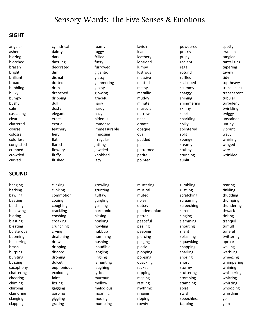
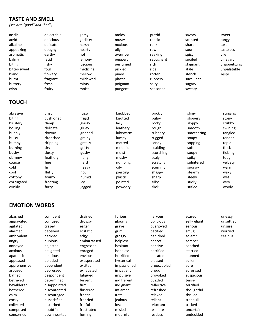

K to Grade 2 • Human Body Series The Five Senses
Your five senses — seeing, hearing, smelling, tasting, and touching — help you notice the world around you. They’re . pretty powerful! You use your eyes to see, your ears to hear, your nose to smell, your tongue to taste, and your skin to feel. You’re going to explore how your senses work, and what kinds of information they tell you.
https://url.theworksheets.com/88f521 Downloads
Preview and Download !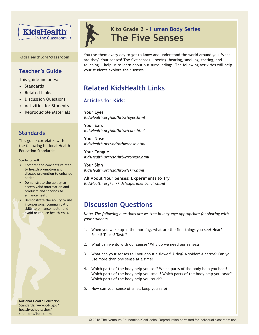
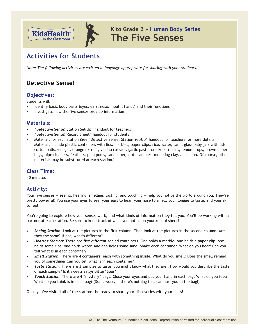
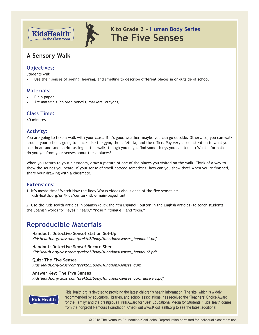
My fEElINGS worKbooK - Hope 4 Hurting Kids
closure, but in talking about these feelings, they can find a measure of healing. This book was originally envisioned as a book for children of divorce and was developed as a joint venture between two organizations related to Hope 4 Hurting Kids (I Am A Child of Divorce and Divorce Ministry 4 Kids). Part of the
https://url.theworksheets.com/iml151 Downloads
Preview and Download !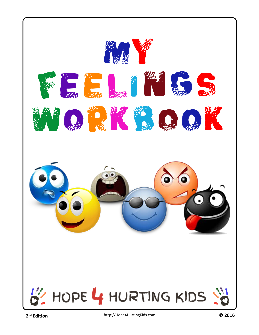
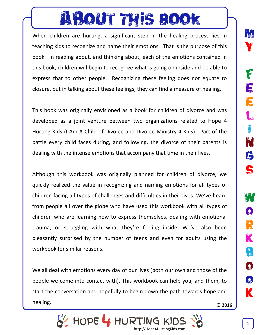
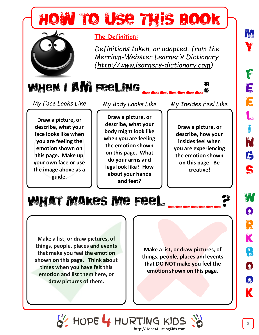
Use this chart to identify and talk about feelings you and your child ...
express their feelings and encourages them to talk. Let’s talk... Talk about how the person is feeling and why they think that. This is also a good activity to try when you are waiting for a bus, eating in a busy restaurant, watching TV or walking in the park. Show your
https://url.theworksheets.com/1nii145 Downloads
Preview and Download !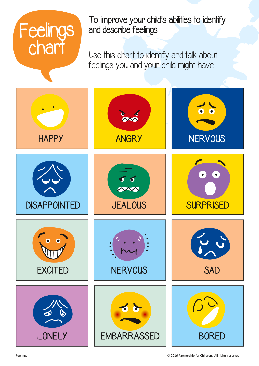
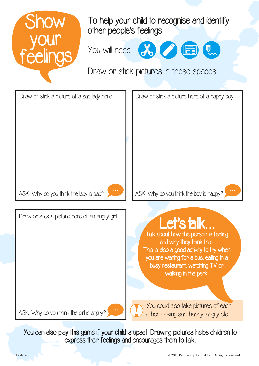
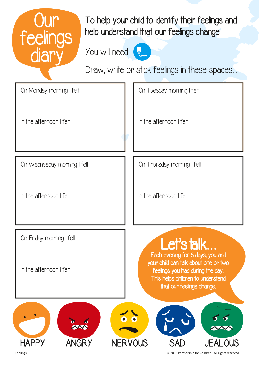
LESSON PLANS My 5 Senses - Home Preschool 101
The Magic School Bus Explores the Senses by Joanna Cole You Can’t Taste a Pickle With Your Ear by Harriet Ziefert Listen Buddy by Helen Lester Soft and Smooth, Rough and Bumpy: A Book About Touch by Dana Meachen Rau The Listening Walk by Paul Showers Touching (The Five Senses) by Rebecca Rissman Tasting Things by Allan Fowler
https://url.theworksheets.com/883113 Downloads
Preview and Download !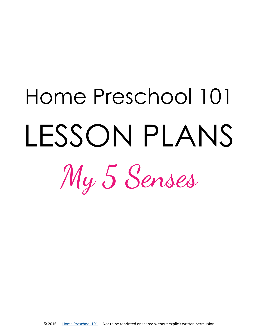

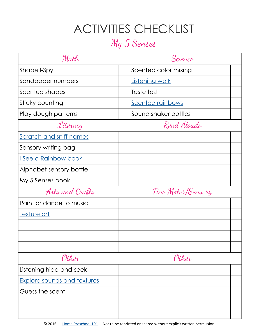
Unit Two: My Five Senses - infohub.nyced.org
There are five senses. They are smell, taste, touch, sight and hearing. We use our senses to understand our bodies, learn what they need, and keep us safe. We use our senses to learn about the people, places, objects, and environment around us. We experience and interact with the world
https://url.theworksheets.com/887751 Downloads
Preview and Download !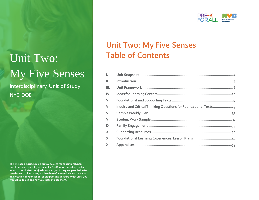
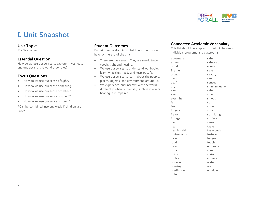
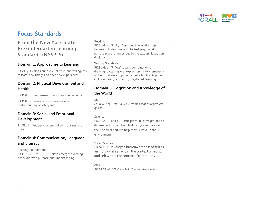
K to Grade 2 • Feelings - KidsHealth
Feelings Kids can have a tough time knowing how to deal with different feelings in appropriate ways. Understanding and appreciating others’ feelings can be difficult, too. These activities will help your students identify and deal appropriately with their feelings and their classmates' feelings. Related KidsHealth Links Articles for Kids:
https://url.theworksheets.com/q6p483 Downloads
Preview and Download !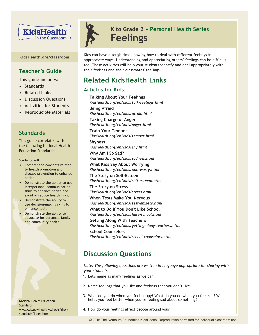
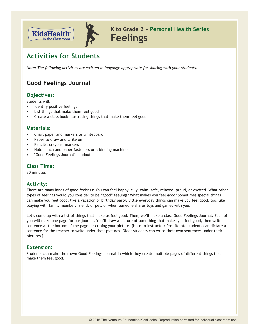
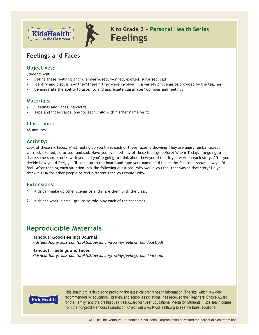
To My Senses
as infer other sights, sounds, smells, tastes, and feelings that might come alive between the lines. “A good snapshot stops a moment from running away.” Eudora Welty, writer Suggestions for using this activity (grades 2 - 5): The teacher models the activity by reading the poem aloud in class. The teacher then shares his/her own sensory images.
https://url.theworksheets.com/40bg95 Downloads
Preview and Download !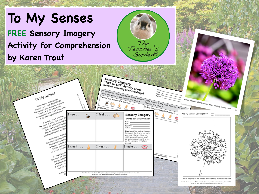
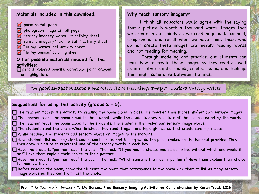
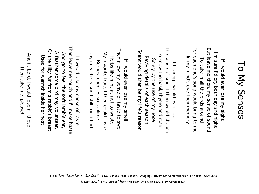
SENSATION AND PERCEPTION a unit lesson plan for high school psychology ...
LESSON 3 reviews the other senses (e.g., gustation, olfaction, and somesthesis). LESSON 4 moves to perception, from the ability to sense a stimulus, to selecting and interpreting the stimulus. Some of the material is historically significant, such as the Gestalt approach, which remains an important set of concepts in contemporary psychology.
https://url.theworksheets.com/4rzr820 Downloads
Preview and Download !


Facing Your Feelings - Perth
Facing Your Feelings . Facing Your Feelings . Module 1 . Understanding Distress Intolerance . Introduction 2 What Is Distress Intolerance? 2 The Paradox… 3 Am I Distress Intolerant? 4 Healthy Distress Tolerance 5 How Does Distress Intolerance Develop? 5 Distress Intolerant Beliefs 6 Distress Escape Methods 7 Distress Intolerance Model 8
https://url.theworksheets.com/3bnq101 Downloads
Preview and Download !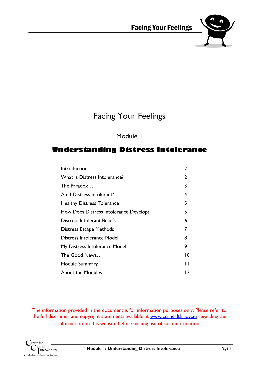
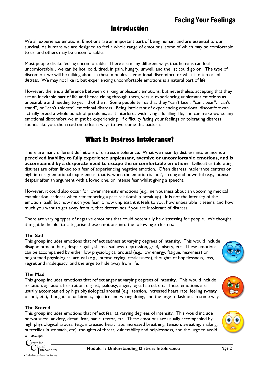
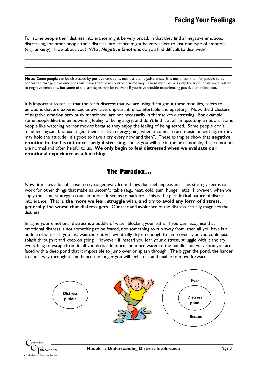
Next results >>